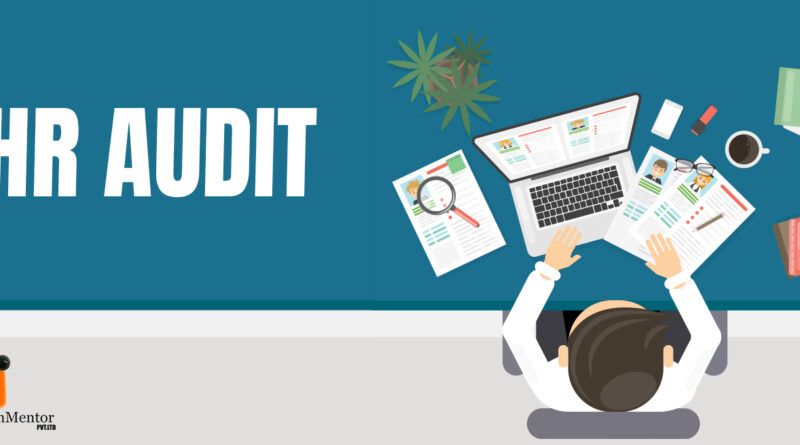What are the types of HR audits?
HR audits can vary in focus and scope, depending on the specific needs and objectives of the organization. Here are the main types of HR audits:
1. Compliance Audit
- Purpose: To ensure that the organization complies with all relevant federal, state, and local employment laws and regulations.
- Focus Areas: Labor laws, health and safety regulations, anti-discrimination laws, wage and hour laws, benefits compliance (e.g., FMLA, ACA), and other legal requirements. (HR Audit Training In Pune)
- Outcome: Identification of non-compliance issues and recommendations to rectify them, reducing legal risks and potential penalties.
2. Best Practices Audit
- Purpose: To evaluate the organization’s HR policies and practices against industry best practices.
- Focus Areas: All HR functions, including recruitment, compensation, performance management, training and development, employee relations, and benefits.
- Outcome: Identification of areas where the organization can improve by adopting more effective and efficient HR practices.
3. Function-Specific Audit
- Purpose: To assess the effectiveness and efficiency of specific HR functions.
- Focus Areas: Individual HR functions such as recruitment and selection, training and development, compensation and benefits, performance management, and employee relations.
- Outcome: Detailed insights into the strengths and weaknesses of specific HR functions and targeted recommendations for improvement.
4. Strategic Audit
- Purpose: To evaluate how well HR practices align with and support the organization’s strategic goals and objectives.
- Focus Areas: Alignment of HR strategy with business strategy, talent management, leadership development, succession planning, and organizational culture.
- Outcome: Recommendations to enhance the strategic contribution of HR, ensuring that HR practices effectively support the organization’s long-term goals.
5. Culture Audit
- Purpose: To assess the alignment between the organization’s stated values and culture with the actual experiences and perceptions of employees.
- Focus Areas: Organizational values, employee engagement, communication, leadership behavior, workplace environment, and employee morale.
- Outcome: Identification of gaps between desired and actual culture, with recommendations to align culture more closely with organizational values and objectives.
6. HR Efficiency Audit
- Purpose: To evaluate the efficiency of HR processes and the use of HR resources.
- Focus Areas: Process efficiency, technology utilization, HR service delivery models, cost-effectiveness, and resource allocation.
- Outcome: Identification of inefficiencies and recommendations for streamlining HR operations, reducing costs, and improving service delivery.
7. Talent Management Audit
- Purpose: To assess the effectiveness of the organization’s talent management practices.
- Focus Areas: Talent acquisition, onboarding, performance management, career development, succession planning, and retention strategies.
- Outcome: Recommendations to enhance the organization’s ability to attract, develop, and retain top talent.
8. HR Systems Audit
- Purpose: To evaluate the effectiveness and efficiency of HR information systems (HRIS) and technology used in HR operations.
- Focus Areas: HR software and tools, data management, system integration, security, and user experience.
- Outcome: Identification of system weaknesses and recommendations for technology improvements to enhance HR operations.
9. Employee Relations Audit
- Purpose: To assess the effectiveness of employee relations practices and policies.
- Focus Areas: Grievance handling, conflict resolution, disciplinary procedures, employee communication, and union relations.
- Outcome: Recommendations to improve employee relations, enhance communication, and reduce conflicts.
10. Diversity and Inclusion Audit
- Purpose: To evaluate the organization’s diversity and inclusion (D&I) practices.
- Focus Areas: D&I policies, representation, inclusive practices, employee perceptions, and D&I training and initiatives.
- Outcome: Identification of areas where the organization can improve its D&I efforts and recommendations to foster a more inclusive workplace.
Each type of HR audit provides unique insights and benefits, helping organizations ensure compliance, improve practices, and align HR functions with strategic goals. By selecting the appropriate type of audit based on organizational needs, HR can drive continuous improvement and contribute significantly to overall business success.

